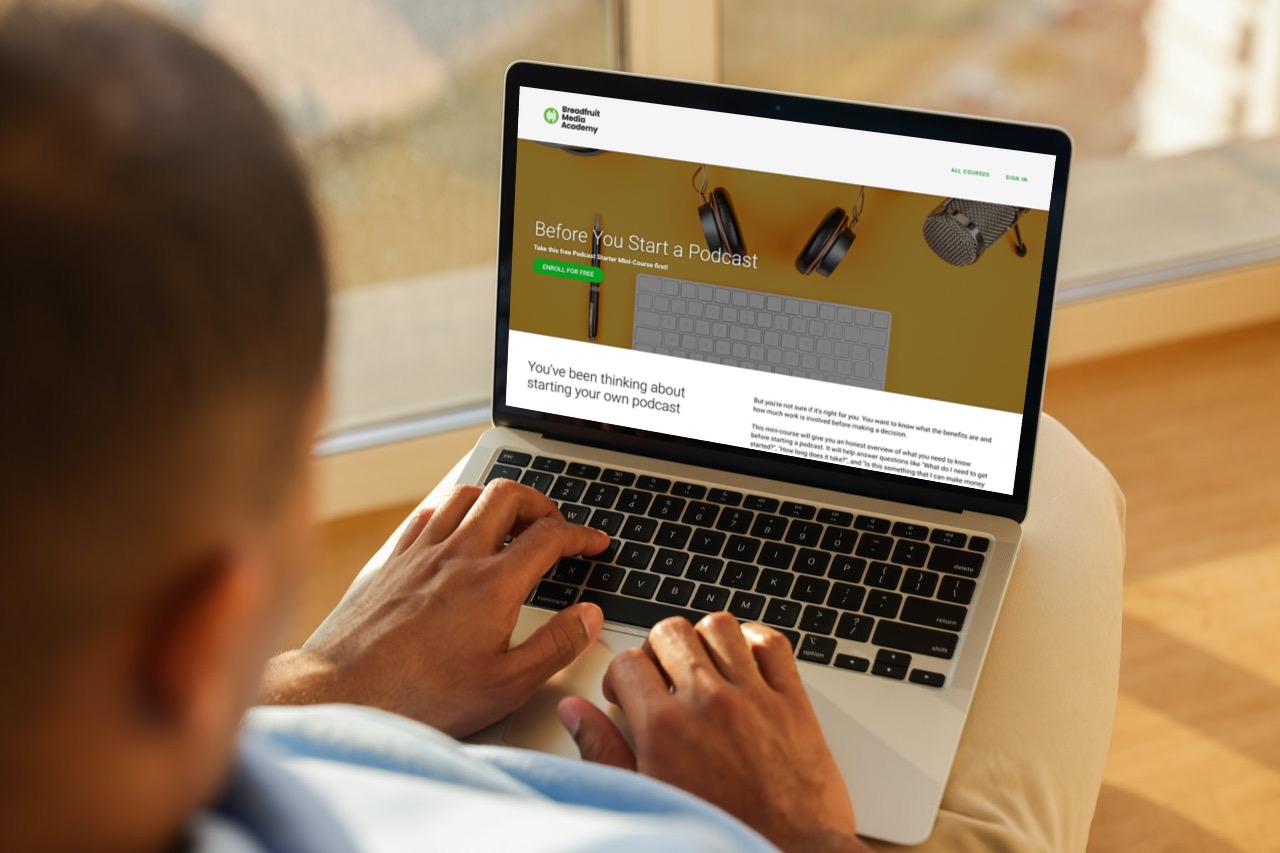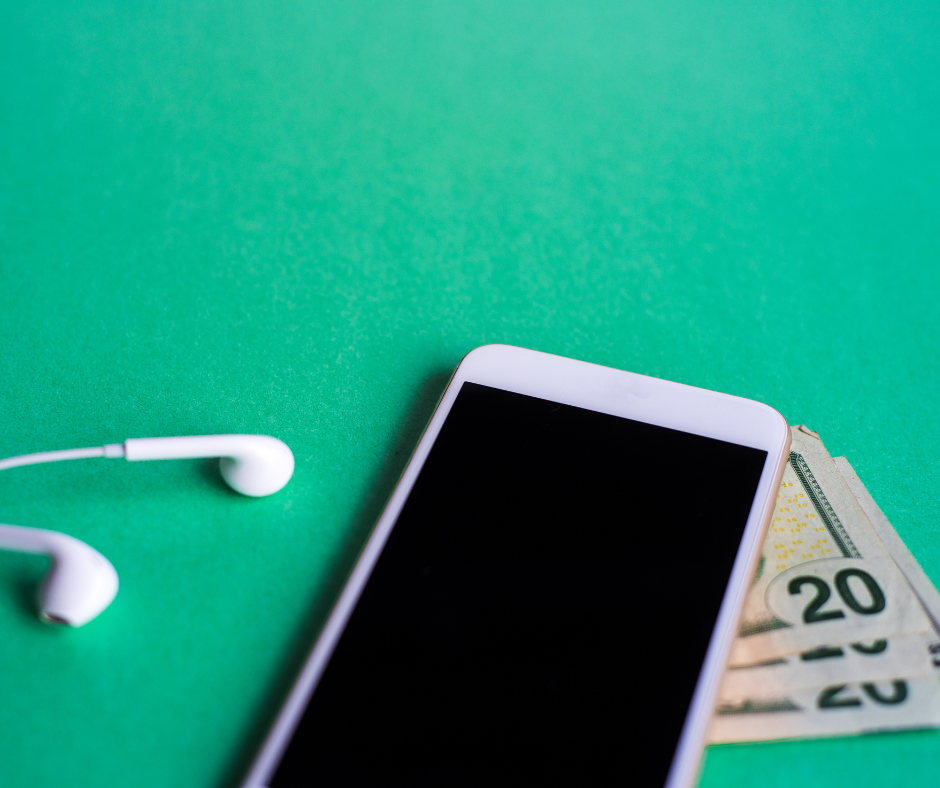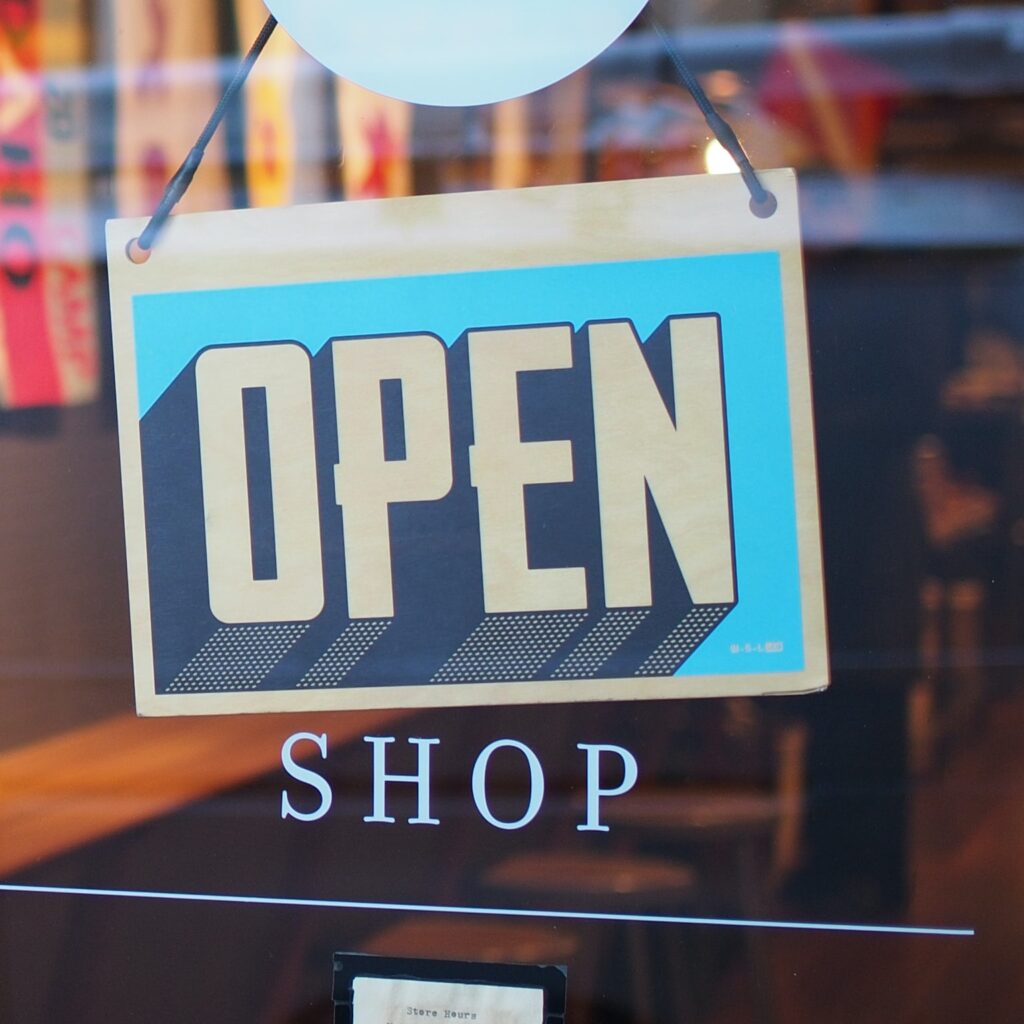There are a lot of reasons to start a podcast. You can reach a new audience, share your expertise, and build relationships with listeners. However, there are actually two very good reasons why you should not start one. In this blog post, we will outline these reasons and suggest what you can do instead to grow your business.
Reason # 1: To make money or sales quickly.
If you’re looking to make quick money or drive short term sales for your business a podcast is not right for you. It takes time to build an audience, and even longer to generate revenue. There are many opportunities or options to monetize in podcasting but none of them are easy. Instead of focusing on quick money or quick sales, focus on how you can build trust with your audience and a develop a deep, long term relationship with your potential customers. But know podcasting is a long game and it takes time to build an engaged following.
Reason # 2: Because a celebrity or influencer is “killin’ it” aka very successful in a particular category, topic or format.
Starting a podcast because you think you can replicate or get some of the success a celebrity or an influencer is experiencing is a recipe for unmet expectations. You will likely be disappointed with the podcast’s performance and ultimately quit because before you’ve started you’ve locked yourself into a comparison loop. measuring and comparing yourself to what they do or are able to achieve.
Instead of starting a podcast a podcast based on the success of a celebrity or influencer, do your research and look for opportunities where your expertise or interests intersect with that of your target audience and create the content that they want. To have an engage audience you need to create a podcast that puts the audience first by creating content that they want to hear and you can deliver.
The takeaway
There are good reasons to start a podcast but making quick money, quick sales or copying celebrities are not good reasons to start a podcast. Instead, focus on creating content that is valuable to your target audience and provides them with information or entertainment they can’t find elsewhere.
Interested in starting a podcast? Check out this 30 minute mini course.







